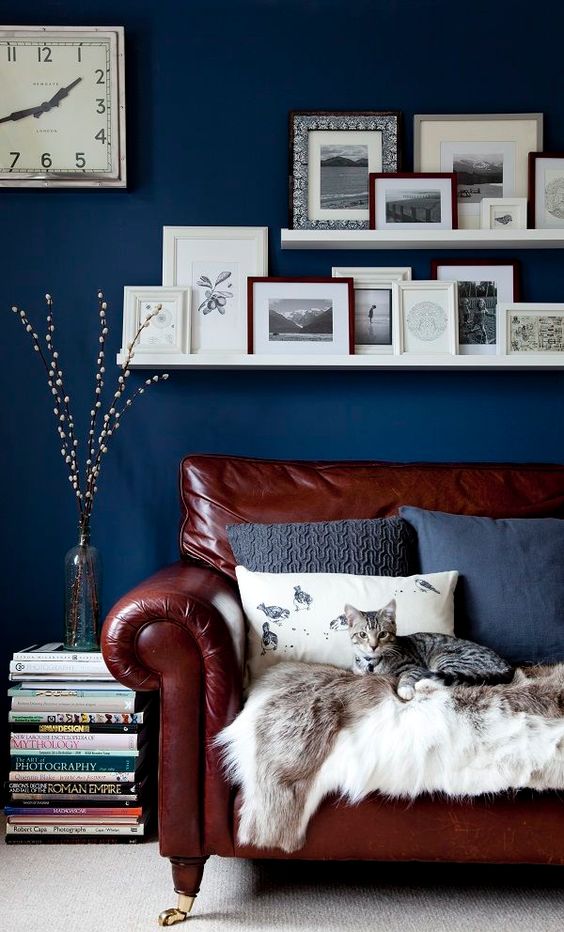
1. Buy in a location for more space WITHOUT considering commute times:
Longer commutes can impact your quality of life so make sure you are doing trial runs AT THE TIMES you'd be driving (before and after work) to see how long it takes you.
2. Don't worry about the resale value:
You absolutely have to worry about the resale (I can help determine if it's a good investment). Overlooking resale value can lead to financial setbacks and making it hard to sell.
3. Rush into a purchase without considering your long-term needs: The property may be perfect for right now, but how long are you planning on living in the property? If your home life changes during this time (marriage, kids, animals) is your home going to work?
4. Ignore the neighbourhood, the house itself matters the most:
The neighbourhood significantly impacts your living experience. Living in a crappy area will also hinder your sale. The Neighbourhood MATTERS.
5. Max out your budget; you'll grow into the extra space: Overspending based on future needs can be risky. Sometimes a smaller, well-designed home can be more functional. You'll be able to determine this option once you're viewing homes. You'd be surprised to see how smaller layouts will work! 4 level splits are amazing for this situation.
6. Skip the home inspection, it looks fine:
Skipping inspections can lead to unexpected, costly repairs. Unless you're an inspector yourself and completed the inspection, or have a lot of extra money to fix whatever arises, it's not a good idea to skip a property inspection.
7. Overlook storage space, you can always figure it out later: Insufficient storage in a larger home can be a constant inconvenience. It'll never truly feel like home if you're renting a storage facility to hold all your extra stuff.
8. Invest in a fixer-upper without considering the full renovation costs:
Everytime my contractor friends start a renovation, they almost ALWAYS find something else that needs fixing too. The budget you prepare is only an educated estimate but almost always costs more.
9. Assume a bigger house equals a higher quality of life:
Personal preferences and needs matter more than size. A bigger house comes with more financial responsibility. If you need to work more to afford the bigger house, does that really benefit your quality of life?
10. Don’t factor in the cost of furnishing a larger home:
This is a big one. Everything is so expensive these days. Furnishing a bigger space can add up quickly and strain your budget.
There are so many more I could share, bottom line, your property purchase needs to work with your budget and lifestyle.
DM me If you'd like to chat about how I can help you purchase your next home!